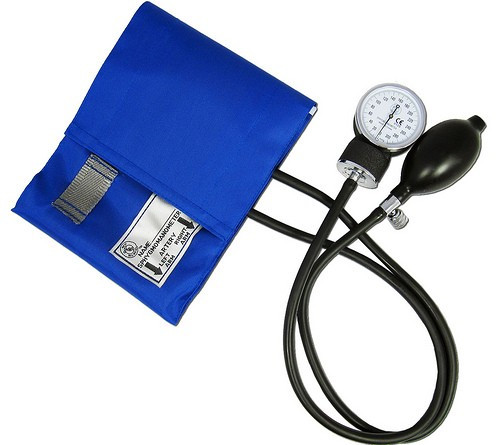Boy or girl? Mother's blood pressure found to predict sex of the baby
Study shows that higher blood pressure is associated with a greater chance of having a boy.

The sex of a baby may be predicted by the mother's blood pressure, scientists have found. Women who have higher blood pressure before pregnancy may be more likely to have a boy.
Natural gender selection, and whether it possible to predict or choose the sex of a baby, is an area of research that has always generated a lot of interest in both the scientific community and the public.
Many studies have investigated whether changing specific lifestyle factors, such as the woman's diet and body chemistry, as well as the timing of conception and the positions taken during intercourse could help determine the baby's sex.
A study published in the Proceedings of the Royal Society B for instance showed that women who ate more cereals and potassium-rich food were more likely to deliver a baby boy.
The problem is that most of the research on this topic is not conclusively supported by robust scientific evidence. Scientists tend to identify associations rather than causal links. The cereal study was in fact largely criticised by many other scientists.
The new study published in the American Journal of Hypertension, makes another attempt at investigating gender selection and finding out whether specific factors can predict an offspring's sex.
The team looked at a large sample of women who wanted to get pregnant to see if there was a relationship between pre-pregnancy health - in this case blood pressure - and the sex of the baby.
High blood pressure for boys
The researchers, led by Dr Ravi Retnakaran, endocrinologist at Mount Sinai Hospital in Toronto, recruited a cohort of young women who expressed their intentions of conceiving in the near future, from February 2009.
The scientists conducted their study with 1,411 women from Liuyang, China, who were assessed for blood pressure, cholesterol, triglycerides and glucose levels. These women all became pregnant shortly after a median time of 26 weeks. The successful pregnancies resulted in the delivery of 739 boys and 672 girls.
After controlling for other factors such as age, education, smoking, body mass index, waist, cholesterol, triglycerides and glucose, the scientists found that blood pressured had been higher before pregnancy in women who had a boy compared to women who had a girl.

These findings suggest that maternal blood pressure could be a predictor of whether women are going to deliver a boy or a girl.
"Our study suggests that a woman's blood pressure before pregnancy is a previously unrecognised factor that is associated with her likelihood of delivering a boy or a girl. This novel insight may hold implications for both reproductive planning and our understanding of the fundamental mechanisms underlying the sex ratio in humans", Retnakaran said.
The results are to be taken with caution, however. This study again does not prove a causal link between the baby's sex and the mother's blood pressure, it only highlights a strong correlation. The findings are not meant to tell parents how to get a boy or a girl, but rather open a door to more research on sex ratios.
The majority of health professionals currently agree that there is actually nothing much that couples can do to get the preferred sex. There is nothing to prohibit them from trying a specific method, provided it is not risky for their health, but couples should be aware that it may not work and if it does, it is probably due to chance.
© Copyright IBTimes 2025. All rights reserved.






















